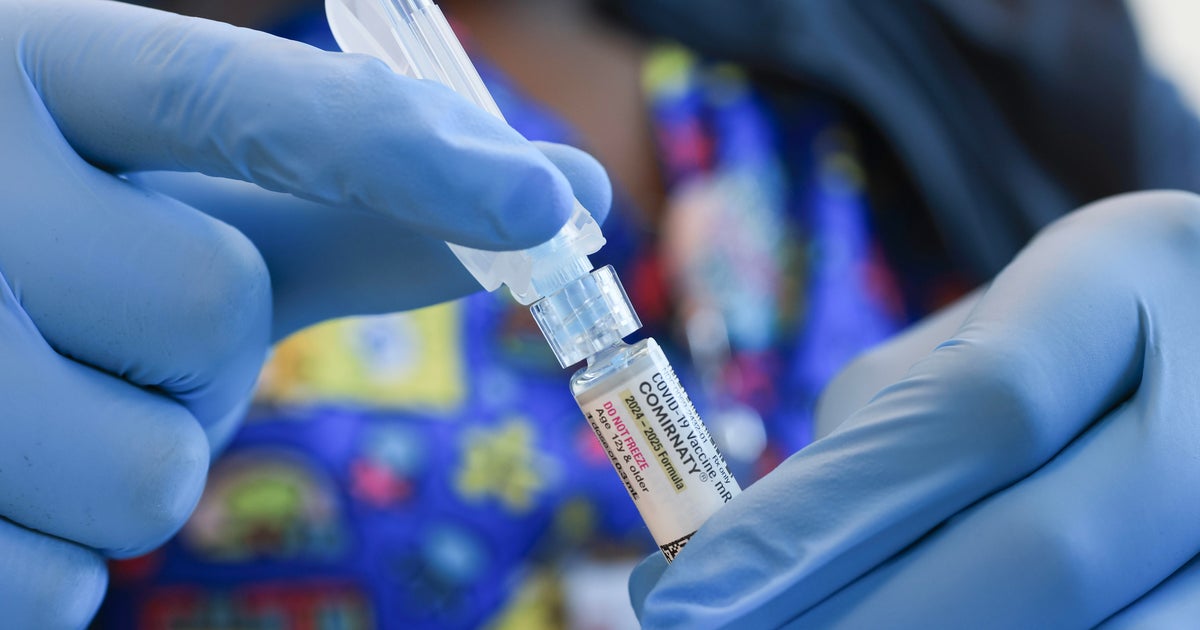
In a pivotal week for the Democratic Party, Senate leaders have finally taken a stand against President Trump’s proposed budget cuts, particularly regarding healthcare. The pressure is on as the threat of a government shutdown looms over Washington, and the stakes couldn’t be higher for millions of Americans relying on crucial programs like Medicaid and the Affordable Care Act (ACA).
Jon Wiener, host of Start Making Sense, opened the discussion by reflecting on the recent White House press conference, where Trump made alarming claims not only about vaccines but also about Tylenol being linked to autism. This prompted an urgent need for clarity and accountability from public health experts, with Yale’s Gregg Gonsalves set to provide insights later in the show.
Wiener welcomed Harold Meyerson, editor at large of the American Prospect, to unpack the current political landscape. Meyerson emphasized the significance of the Democrats’ newfound defiance, noting that Senate Republicans now require Democratic votes to pass the budget due to the filibuster. This marks a departure from earlier this year when Senate Democrats, under Chuck Schumer’s leadership, faced backlash after agreeing to a temporary budget deal without asserting their demands. The fallout from that decision saw Democratic approval ratings plummet to a historic low, even lower than Trump’s dismal numbers.
Now, as the GOP unveils a new budget proposal, Senate Democrats are asserting their priorities, calling for the restoration of Medicaid and protections for the ACA. They are also targeting ten vulnerable House Republicans in ads, holding them accountable for any adverse healthcare outcomes as a result of the proposed cuts. However, Meyerson cautioned that while the Democrats’ plan appears stronger, Trump still wields considerable power in this negotiation.
Meyerson highlighted the potential for a government shutdown, noting that such a crisis would inevitably harm countless Americans. He expressed concern over the possibility that Republicans might consider abolishing the filibuster to bypass Democratic opposition, although some traditional Republicans, like Mitch McConnell and Susan Collins, may resist such drastic measures. The Democrats, having learned from their previous missteps, are rallying around the banner of healthcare for all, a stance that resonates with the electorate.
As they navigate these turbulent waters, the conversation shifted to Trump’s controversial comments during a recent speech, where he suggested military personnel could receive training by being deployed to urban areas in America. Meyerson remarked on the absurdity of this notion, questioning what kind of training could be gleaned from everyday city life.
In another concerning development, Trump has taken aim at former FBI Director James Comey, recently indicting him for federal crimes. Meyerson and Wiener discussed the implications of this politically charged move, with many in the legal community predicting the charges are likely to be dismissed due to a lack of evidence.
The dialogue then transitioned to the realm of late-night television, where Jimmy Kimmel’s return to the airwaves marked a significant defeat for Trump, who had attempted to silence comedians mocking him. Meyerson pointed out that this backlash against censorship underscores a broader appreciation for free speech among the American public.
As the show continued, Gonsalves joined to analyze Trump’s alarming remarks about Tylenol, which he inaccurately claimed could lead to autism in pregnant women. Gonsalves condemned these statements, drawing parallels to Trump’s previous public health misinformation. He emphasized that while some small studies may suggest a correlation between Tylenol and autism, a large-scale Swedish study found no significant link, and the evidence remains inconclusive.
Wiener and Gonsalves explored the implications of such misinformation on maternal and infant health, particularly in states like Mississippi, which struggles with high infant mortality rates exacerbated by cuts to Medicaid. Gonsalves lamented the compounded crises facing maternal health in Mississippi, where over 60% of births are funded by Medicaid. He criticized the policies enacted by Governor Tate Reeves and the Trump administration that hinder access to vital healthcare services.
The discussion also touched upon the rising anti-vaccine sentiment within the Republican Party, with recent gubernatorial candidates espousing debunked theories about vaccines. Gonsalves noted that despite these troubling trends, support for vaccines remains strong among the broader population, including Democrats, Republicans, and independents.
In a glimmer of hope amidst the chaos, Wiener highlighted the National Institutes of Health’s recent announcement of $50 million in research grants aimed at understanding the genetic and environmental factors contributing to autism. Gonsalves welcomed this funding while cautioning that the overall trend of slashing research budgets poses a significant threat to scientific advancement and public health.
As the segment concluded, both guests underscored the urgent need for clear communication and evidence-based policies in the face of misinformation and political maneuvering. The Democrats’ newfound resolve to stand up against Trump’s harmful budget cuts and misinformation is a crucial step toward protecting the health and welfare of millions of Americans.


